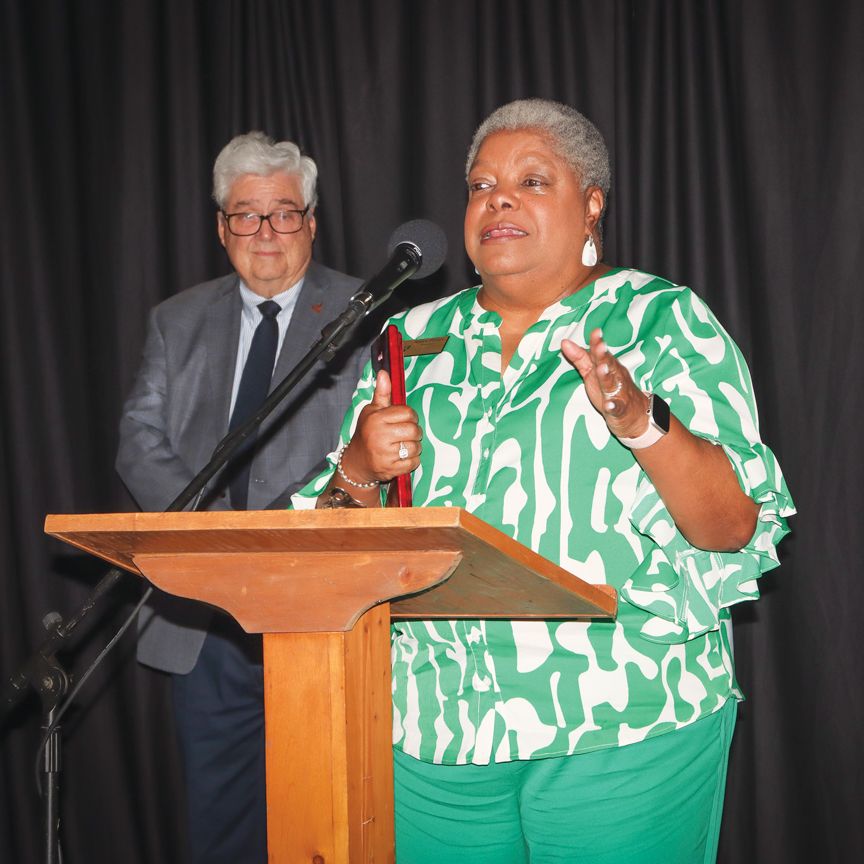
Learning disabilities affect millions of people across the globe each year. Though learning disabilities are often discussed in ways that highlight how they affect students’ performance in the classroom, the International Dyslexia Association¨ notes that the effects of a learning disability like dyslexia can reach well beyond the classroom.
According to the nonprofit organization LD Resources Foundation, Inc., which is dedicated to helping individuals affected by learning disabilities, dyslexia is the most common learning disability. Answering some common questions about dyslexia can help people affected by it, including adults, get the help they need to overcome it.
What is dyslexia? The IDA defines dyslexia as a language-based learning disability that causes people to have difficulties with specific language skills, particularly reading. Students with dyslexia may experience difficulties with oral and written language skills, including the writing and pronunciation of words.
What causes dyslexia? The IDA reports that studies of brain images as well as the anatomy of the brain have indicated that there is a difference in the way the brain of a person with dyslexia develops and functions.
What are some symptoms of dyslexia? The LDRF indicates that individuals with dyslexia may find it difficult and overwhelming to read, write and speak. The Mayo Clinic notes that signs of dyslexia may be difficult to recognize before a child enters school, and symptoms vary depending on the age of the individual affected.
Young children affected by dyslexia may learn new words slowly; experience difficulty forming words correctly; have problems remembering or naming letters, numbers and colors; or find it hard to learn nursery rhymes or play rhyming games.
Signs of dyslexia may become more apparent once children enter school. At this point, kids with dyslexia may read well below the expected level for their age; have problems processing or understanding what they hear; find it difficult to find the right word or form answers to questions; have trouble seeing similarities and differences in letters and words; and have difficulty spelling, among other symptoms.
Difficulty reading; problems spelling; avoiding activities that involve reading; requiring an unusually long time to complete tasks that involved reading or writing; and mispronouncing names or words are some of the symptoms of dyslexia in teens and adults.
Can dyslexia be cured? The Mayo Clinic notes that there is no known way to correct the underlying brain abnormality that causes dyslexia. However, various techniques have made it easier for individuals with dyslexia to do well in school and in the professional arena.
Learning disabilities like dyslexia can affect individuals throughout their lives. But early detection and treatment can help students and adults overcome the challenges of dyslexia and other learning disabilities.



